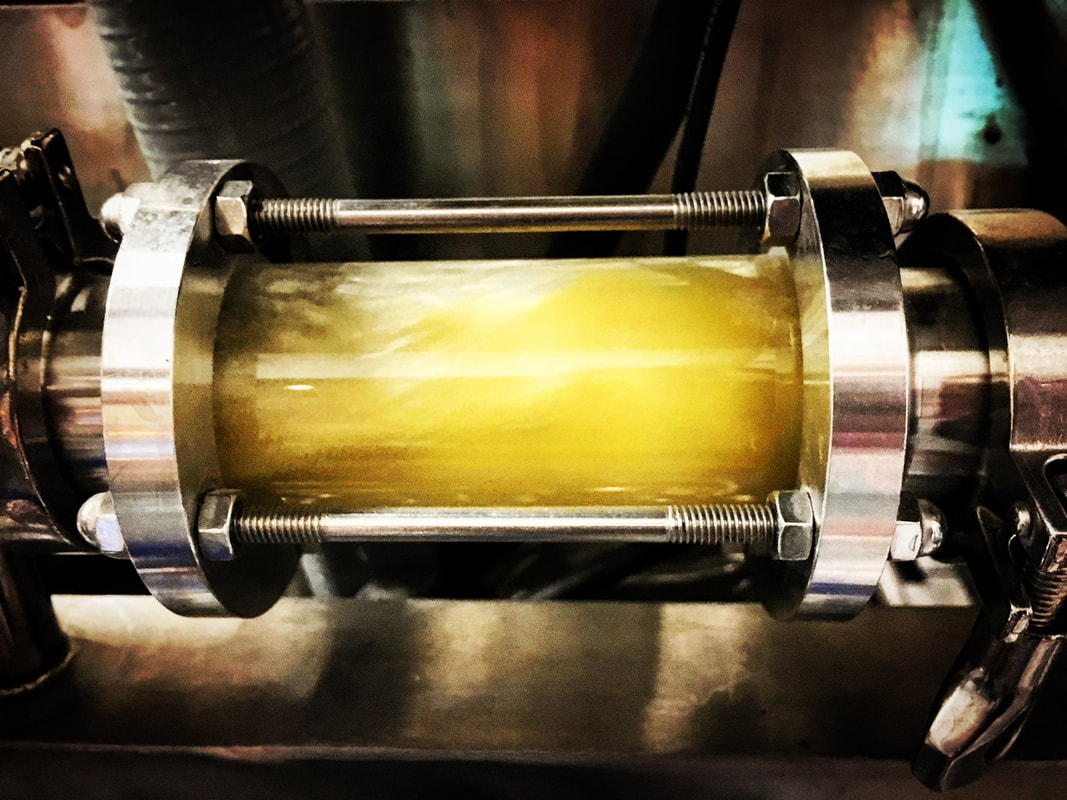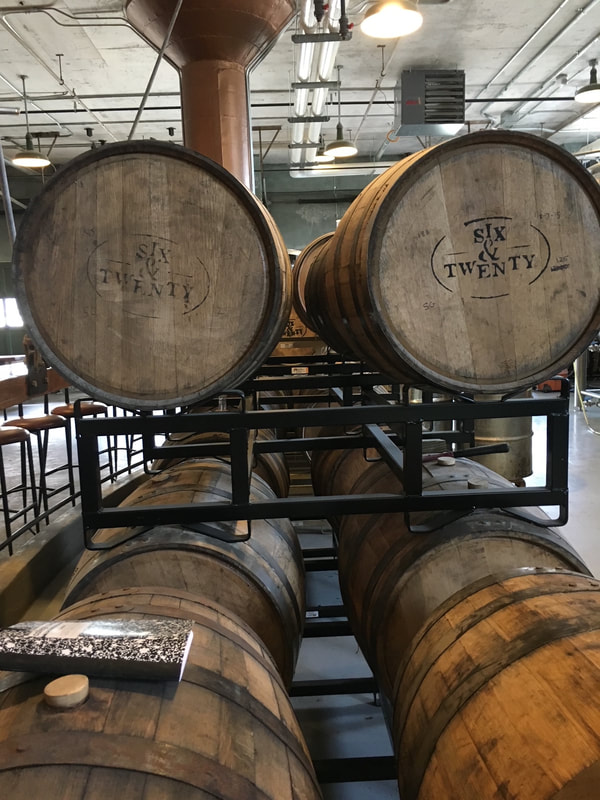|
DISCLAIMER: This post does not constitute legal advice and is presented for information, education, or entertainment purposes. It is opinion and commentary, and merely attempts to review the alcohol beverage laws and their interpretation to assist businesses (and consumers). If you have questions, then please speak to your legal professional or the appropriate regulation authority. PERSONAL DISCLAIMER: I had the privilege of writing several brewery bills during the 2013-2019 timeframe and advocating for their passage. I was not asked to participate this time around, so I don’t have many personal insights or thoughts to share on the discussion points, negotiations, or other context of the new laws. This will just be straight analysis of what the new laws are and what they do and don’t do. TL;DR: SOUTH CAROLINA BREWERIES WITH MULTIPLE SITES CAN NOW TRANSFER BEER TO THEMSELVES. BUT, THERE'S A CATCH OR TWO.Today, we'll tackle part two of the newly legal South Carolina Craft Beer Economic Development Act. It covers a South Carolina brewery's ability to transfer its own beer to itself in the event that it has multiple brewery locations within the state. TRANSFER BETWEEN BREWERIESOf the 139 breweries and brewpubs in South Carolina, there are a quite that have multiple locations. By our count, there’s about 15 of these right now, with a few more on the way. Because brewpubs are not eligible to ship or otherwise transfer their beer, that means that we're really talking about 123 breweries. Since 15-ish companies are impacted, that's roughly 12% of the total, but 24% if you factor in their second location, which would be 30 locations. So, theoretically, before taking restrictions into account, this will impact nearly a quarter of all of the state's breweries. So, what is the deal with transfer and why does it matter? Well, Federal law allows breweries to transfer beer between themselves when they have multiple locations under an umbrella. The rationale being that the company or affiliated companies own the beer, so therefore, they should be able to allocate it however such companies see fit. The federal law also allows collaborating breweries to transfer that beer between them. Also, currently for state breweries to get their beer from their other brewery, they have to sell it and purchase it back from a wholesaler. The law does allow the wholesaler to allow for a bulk discount on the beer, but that does come with conditions. And this will still be the case for breweries who don't qualify under the new law. But now for the first time, South Carolina has a transfer law on the books. In short, it says that breweries in South Carolina that have multiple locations will now be able to transfer beer between those locations without having to buy it back from a wholesaler, but two things: 1. Both locations have to have the exact same ownership. That is going to mean the same company, with the same owners, with the same percentages for each location. For example, let's say ABC Brewing has two locations—one in Greenville and one in Bluffton. Each location is licensed, but has different LLCs for each location. That wouldn't qualify. Instead, their LLCs, owners, and shares would have to be exact. While not perfect for breweries looking to limit liability per location, the new law ensures that transfer is for a company rather than companies with potentially varying owners or ownership groups. 2. The other restriction is that a brewery cannot receive more beer than it makes on an annual basis. So, for example, if you have a brewery that is basically a pilot system that is rarely used and is effectively a taproom, then they’d only be able to receive from another location what their pilot system makes. If that’s just 10 barrels of beer a year, then that’s what it could receive. The bigger brewery, meanwhile, could receive as much as it made. The rationale here is what has previously been described in South Carolina as the Budweiser problem - that a massive brewery could just open up a series of taprooms with pilot systems, never use them, and effectively skirt the three-tier laws by self-distributing to themselves. The new law prevents that occurrence. Brook Bristow focuses his practice on alcoholic beverage law and commercial matters. Representing hundreds of clients from small start-ups to national brands, Brook counsels those in the food and beverage industry such as breweries, wineries, distilleries, distributors, and retailers. He regularly advises on federal and state regulatory compliance, licensing, contracts, intellectual property, and federal label and formula approvals, among other topics. He enjoys central coast zinfandel, aged rum, and can brew a passable IPA. You may reach him directly at [email protected]
Comments are closed.
|
AuthorBrook Bristow is a South Carolina-based lawyer at Bristow Beverage Law, who primarily counsels companies in the alcohol industry on business and employment laws, as well as on compliance, licensing, & intellectual property. You may reach him directly at: [email protected] Archives
April 2024
Categories |




 RSS Feed
RSS Feed